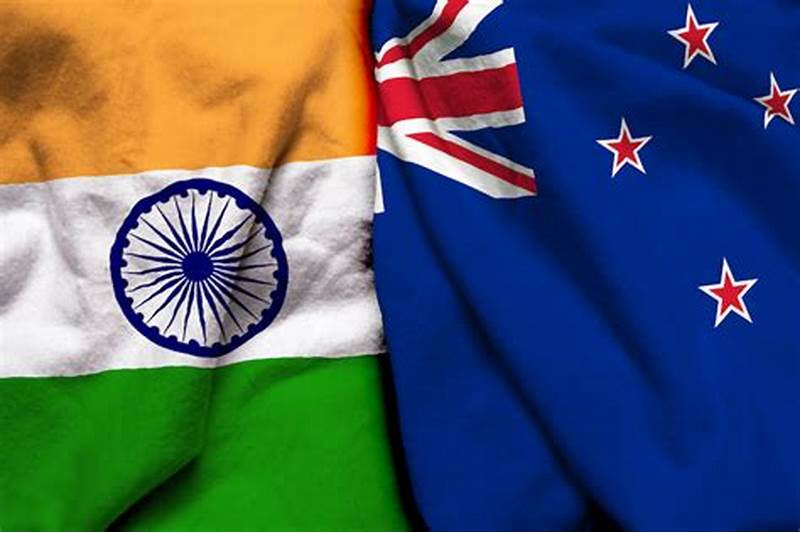In the light of the India-Canada diplomatic tussle, New Zealand, for the first time made remarks, which seemed to be with a critical tone for India’s decision over Canadian diplomats. Last week, India made the statement for removing 41 Canadian diplomats due to an ongoing tussle over the death of a Khalistani leader Hardeep Singh Nijjar. New Zealand has expressed its concerns over the departure of Canadian diplomats. The critique tone of New Zealand has mainly targeted the Indian standoff with Canada.
The Indian side remarks that reducing the diplomatic presence of Canada is not a worthwhile decision and unexpected in the era of more cooperation era- the official statement of New Zealand made this remark. Referring to the Vienna Convention on Diplomatic Relations, New Zealand has stated that all the states should uphold international law for peaceful resolution. Previously, Canada also accused India of violating the Vienna Convention and contravening the fundamental principle of international legal provisions.
India-Canada diplomatic crisis
The tussle between India and Canada is surrounding the death of Sikh person Hardeep Singh Nijjar. The PM of Canada Justin Trudeau accused India of having a red hand in the death of Mr. Nijjar. Nijjar had been designated as a terrorist by the Indian government in 2020 for citing Anti-India activities in Canada in the name of the Khalistani movement. Eventually, both side remarks became an inevitable factor in a significant India-Canada diplomatic standoff.
The ongoing standoff between the two countries has become a matter of raising eyebrows for the rest of the world in such a global crisis. On one side, there is an ongoing Russia-Ukraine war and the Israel-Hamas conflicts have already made the world full of mistrust and unsafe. Over and above, this new crisis between India and Canada also become a cause of concern for the world.
Image source: Actual News Magazine
Both sides have accused the opposite of violating the principles of the Vienna Convention. In response to the Canadian accusation, the Ministry of External Affairs in India has stated that India acted according to Article 11.1 of the convention, which defines ‘the means of expressing consent can be expressed in the form of signature, exchange of instruments such as treaty, acceptance, approval or by any other means if so agreed’.
Analysis of New Zealand’s stance on the issue
The criticism of New Zealand for India’s move over the deteriorating relations with Canada was mainly to express concerns over India’s bold and unexpected move to reduce its diplomatic presence. The Ministry of Foreign Affairs already stated that India should move towards enhancing diplomatic cooperation, instead of reducing the diplomatic presence of Canada.
The Canadian elite group already blamed India for its direct involvement in the murder of Nijjar for being an anti-Indian voice and the repercussions of the statement from the Indian side caused a significant rise of mistrust between the two countries. While PM Trudeau came to India during the G20 summit, the platform for the emerging economies in the world, in this context, the tussle between both countries has become a cause of concern for the rest.
Image source: World for You (WFY)
Being a key player in the region, India is seen as a potential and responsible democracy and the sudden move to reduce the diplomatic presence of Canada seems an immature decision worldwide. The Indo-Pacific theatre has already become a geopolitical space for controversial activities and claims of China. In this scenario, the countries of this region including New Zealand want to see India behave more rationally. Hence, India should calculate its geopolitical equations through the realism lens and strengthen its willingness to negotiate and sort out the ongoing diplomatic crisis with Canada.
